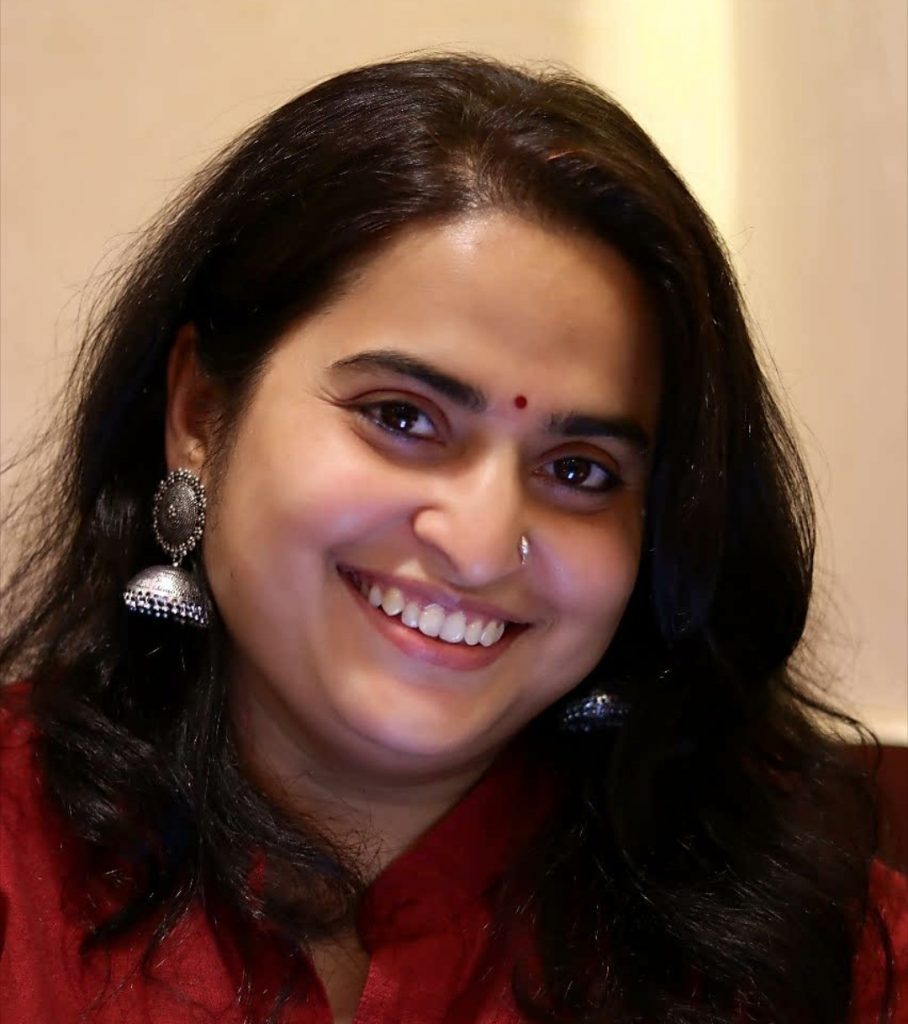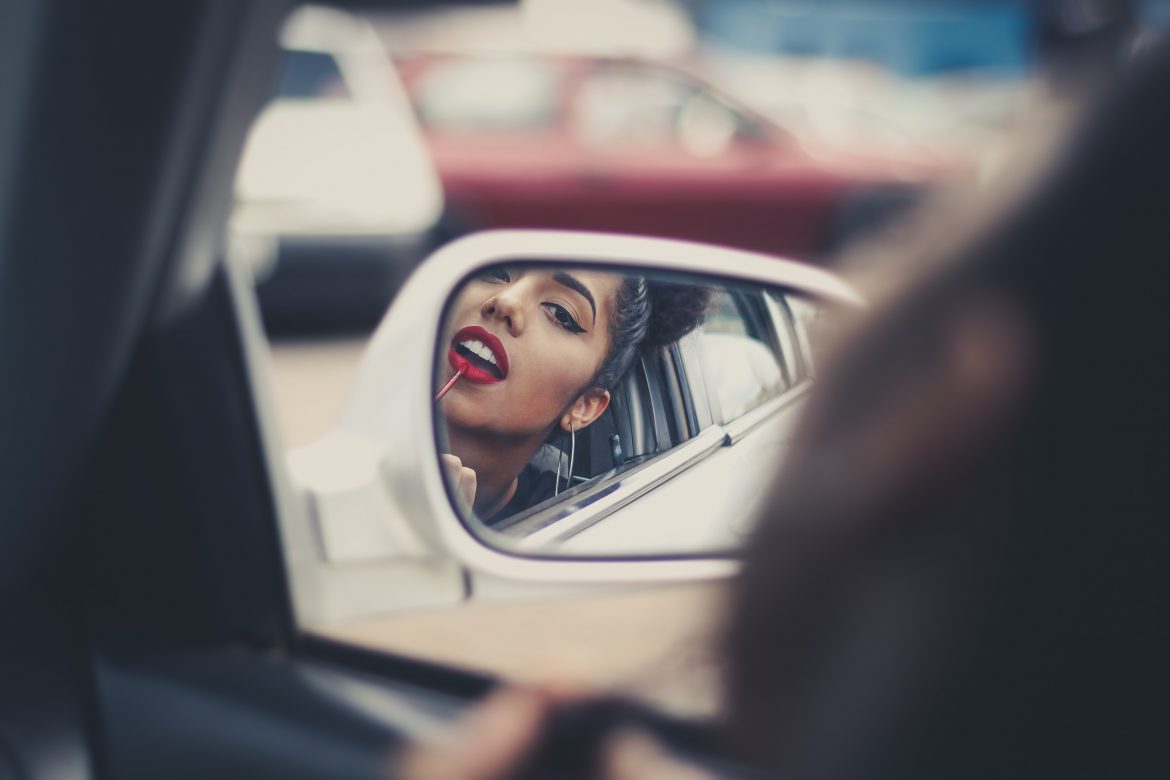The dangers of comparisons on social media are evident with the rising number of insecurities. In a world obsessed with this addiction, what about the growing levels of low self-esteem when we look at photographs that sometimes depict unreal stories?
You keep scrolling and it never ends. Picture-perfect backdrops, loving couples, beautiful pets, designer clothing – everyone’s life seems perfect on social media. With real conversations being taken over by online interactions, the social media comparison trap is about getting facebook likes, Instagram followers, great comments, and more. Social media insecurities are real.
The inner critic doesn’t stop once you’ve viewed these images. The social media addiction rises with passive viewers being the worst hit with low self-esteem levels. What most do not know is that social media isn’t even real at times as the negative comparison stings begin. Everyone does not have the most amazing time as displayed on social media sites. What you know is what is shown to you. Real-life isn’t perfect because the beauty lies in its imperfections. People most often get fixated on comparing their life (relationships, wealth, professional achievements, body, travel) with those of family members, friends, colleagues, and even the next-door neighbour.
Yet, we constantly find ourselves in the social media comparison trap. As an Indian fashion blogger and content specialist, social media marketing is a part of my life. Mental health and social media have always been a concern for me. There’s a good side to social media provided you know how to use it to your benefit.
A remark by a close friend turned fashion police led me to write this blog on social media addiction. In the fashion blogging world, a comparison is constant particularly when I strive to be my real self in a world that demands to put on layers to mask the real identity. The retail and fashion business has its demands. This led me to a discussion with many women and psychologists and here’s what they had to say.
Social Media Addiction and its Connection with our Mental Wellbeing

Comparisons on social media are harmful to all. Women, in particular, have been told for centuries about the importance of “being beautiful”. Such comparisons often leave women feeling inferior and depressed. Says Akshatha B, a Mindset and
Spirituality coach, “I’ve worked with women and have had clients who have been affected by social media. I remember an entrepreneur who found it increasingly difficult to maintain social media channels. The rising pressure to network and maintain her visibility increased her stress levels. She stopped using social media for business and she further slumped into a negative zone when she saw others doing better than her. I had to work with her to raise her self-esteem levels, bring her back in the market, and make her business flourish again.”
Akshatha particularly highlights one story of a woman who was running a successful business, was an active volunteer, and had a supportive family. What could go wrong with her then? Well, it took Akshatha a lot of work to delve deeper into her personality. She says, “The woman suffered as she felt plenty was lacking in her. This was due to the updates she kept reading on social media from her friends and coworkers. When I asked her to communicate with friends on calls and know the real situation, it changed her perspective. To her surprise, she discovered the truth was exaggerated and not everyone was “happy”. If she had not to realize this herself, she would have constantly pulled herself down.”
The craze for selfies and constant social media updates for Facebook likes and Instagram followers is also a growing concern. Says Akshatha, “I had to work with a woman who was constantly addicted to clicking selfies and correcting the photograph on apps. There was a strong urge to use apps for the “perfect” selfies while losing individuality along the way.”
Akshatha, who runs “Mind Matters with Akshatha” and works with clients in India and on a global level, is a psychologist, past-life regression therapist and Master Practitioner of NLP along with being a hypnotherapist and Tarot Card Reader. She mentions the other side of social media. “I’ve seen women use social media to their advantage as they networked and improved their businesses. It is the perception towards self that matters most.”
Meera Ramraj, a diploma holder in Counseling and Psychology mentions, “Social media gives a false sense of happiness that comes through likes. People often end up comparing and feeling inferior as they feel others are happier and successful while they are still struggling.” Meera also mentions social media is a good business tool if used appropriately.

Sarika Varshney has many inputs to add to social media insecurities. She holds a PGD in Counseling Psychology with an MBA in Data Analytics and was previously a Semiconductor professional. She says, “Social media addiction happens when the brain tries to fulfill something emotionally or needs satisfaction or validation from others. You expect a reward for something (in this case, “likes” generate rewards) and when you receive “likes”, your mind starts getting addicted. If you aren’t popular, you tend to believe something is “lacking” within you.” Social media is, unfortunately, being used as a tool for measuring self-esteem and self-worth, whereas these two aspects come from within. And, if this tool is taken away, Sarika noticed the anxiety levels increase in people.
“Confident women do not rely on social media. However, some still seek approval even on platforms such as LinkedIn in a bid to display their expertise with a motive to garner more “likes”.” Sarika further adds that the increasing pressure on women to look and stay beautiful is creating a body image problem related directly to health. Social media creates a trap with an overload of information. Women constantly worry about their appearances while being in this comparison trap where there is a benchmark created for appearances by the beauty industry. Sarika says, “Enhancing one’s beauty is a thing women did since ancient times. Morphing and creating something we are not is an area of concern.” The virtual world creates an unrealistic expectation. Sarika mentions, “The virtual world is unreal. There is a need for people to meet and appreciate each other while choosing to live real life rather than living it online. The acceptance that is missing in the real world is now being sought in the virtual world. ”
What should women, as well as men do to work on their social media addiction? Will the comparison trap stop somewhere?
- Be genuine. A genuine smile and a genuine person will be remembered always.
- Focus on your strengths. Use these strengths to build a better version of you.
- Everyone has weaknesses. Remember, you too are human.
- Not everything you see is a reality. Especially not on social media.
- Use the tools to improve yourself. For example, social media comparison can be used in a positive way to work on yourself when you get motivated by seeing someone doing better in a workout. It could be a new exercise routine, learning a new course… the options are many.
- Take time to switch off and step into the real world.
Comparison is a human trait. There is indeed no way to shut this down completely. However, if we watch ourselves, our thoughts, and know our purpose, we can work around the negative effects of social media to utilize the many positive benefits it has to offer.
If you have struggled with comparisons on social media and face low self-esteem levels, do write to me in the comments below.
You can also contact Psychologist and Counselor, Sarika Varshney with your comments on email (sarika_varshney@yahoo.com) or connect on LinkedIn. You can also reach Akshatha Bala at hereandafter@gmail.com.
Views expressed in this blog by the psychologists and counselors belong solely to the individuals.




[…] is rapidly changing, our dependency on the Internet is increasing day-by-day. Add to that, the social media addiction and its comparison trap have us further confused, we often lose a lot of time being distracted from work while looking at […]
[…] Own Struggle: I’ll admit it—I’ve fallen into the trap of comparison many more times than I can count. I’ve spent hours agonizing and ruminating over many things. […]